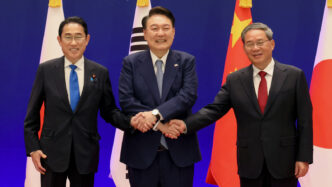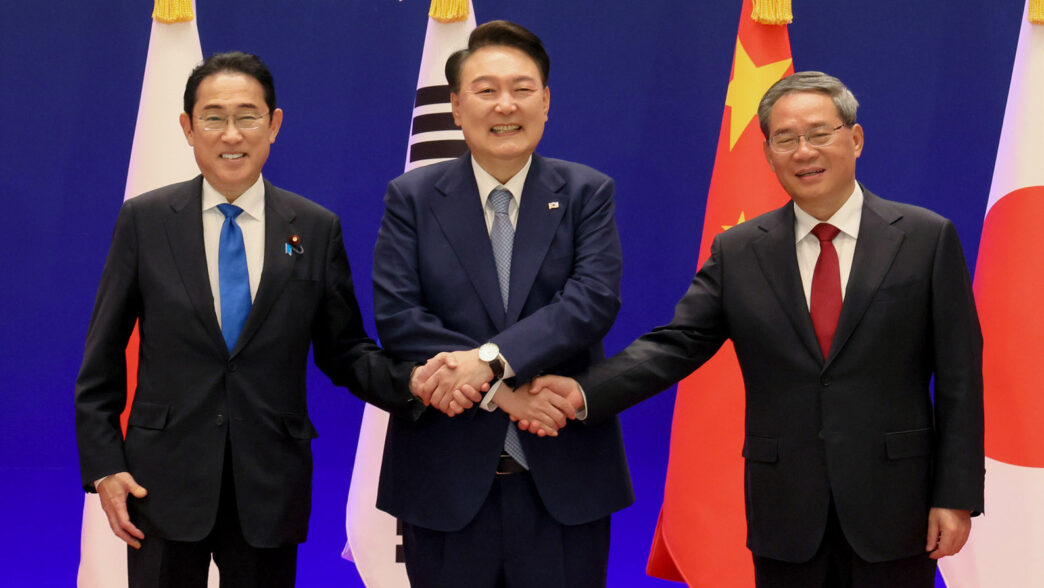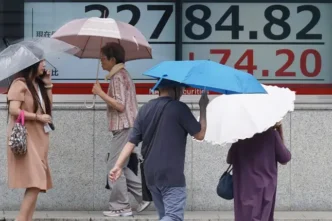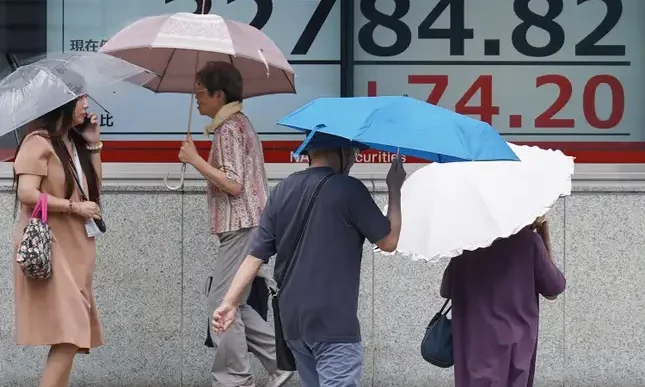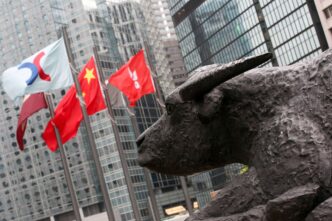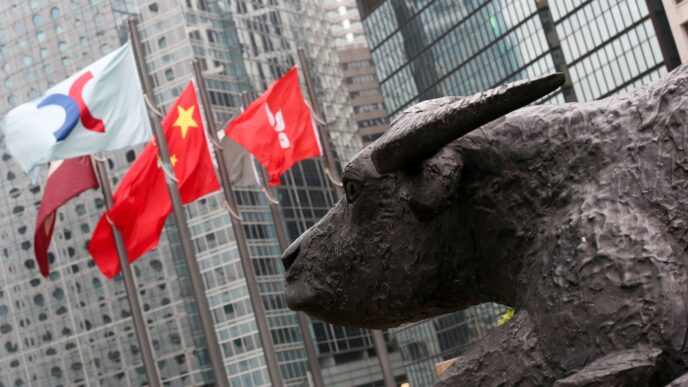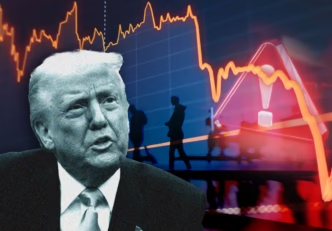China, South Korea, and Japan have reaffirmed their commitment to strengthening free trade as they navigate escalating tariff tensions with the United States. The three nations reached an agreement during a high-level trade meeting—their first in five years—underscoring their determination to foster economic cooperation despite global trade disruptions.
The discussions, which took place just days before new U.S. tariffs on key imports such as automobiles and auto parts are set to take effect, were attended by South Korea’s industry minister Ahn Duk-geun, Japan’s trade minister Yoji Muto, and China’s commerce minister Wang Wentao.
A United Front Against Protectionism
The three countries, all deeply integrated into global supply chains, have been significantly affected by U.S. protectionist measures. South Korea and Japan, both major auto exporters, stand to face significant setbacks due to new U.S. trade policies. China, already grappling with a broad range of tariffs, emphasized the need for collective action to maintain trade stability.
In a joint statement, the ministers called for accelerating negotiations on a trilateral free-trade agreement and creating “a predictable trade and investment environment.” They stressed the importance of regional economic collaboration in response to the growing fragmentation of global markets.
“The economic landscape is shifting rapidly, and uncertainty continues to rise,” said Japanese official Yasuji Komiyama. “It is crucial that we work together to maintain stability and support growth.”
Chinese official Wang Liping echoed this sentiment, warning against the rise of “unilateralism and protectionism.” He emphasized that the three nations, which collectively account for nearly a quarter of the global economy and 19% of global trade, must uphold the principles of free and fair trade.
Addressing Shared Economic Challenges
The meeting also included bilateral talks where trade representatives explored specific economic challenges. Japan’s Minister Muto highlighted the need for continued cooperation with South Korea, regardless of domestic political dynamics, especially in securing critical minerals and addressing energy concerns.
“Political tensions may arise, but economic and social ties must remain resilient,” Muto stated. “Our businesses depend on stable trade policies to operate without disruption.”
Tensions between Japan and South Korea have historically been influenced by disputes over wartime labor and trade restrictions. However, both countries acknowledge the pressing need to strengthen economic collaboration in light of growing external pressures.
Impact of U.S. Tariffs on Asian Markets
Experts predict that the latest wave of U.S. tariffs will have significant repercussions on South Korea and Japan, given their heavy reliance on the American market. South Korea’s Minister Ahn expressed concerns over the potential damage to the country’s automobile industry, which sends half of its exports to the United States.
“Protectionism is not the answer,” Ahn stated, emphasizing the importance of a well-functioning World Trade Organization (WTO) in maintaining economic predictability.
Japan, home to automotive giant Toyota, also faces substantial economic risks. With vehicles accounting for a third of its $145 billion in exports to the U.S. in 2024, the impact of the new tariffs is expected to ripple through multiple sectors, including steel, semiconductors, and auto parts manufacturing.
Looking Ahead
As the global economic order continues to shift, China, South Korea, and Japan are seeking to strengthen their regional economic ties. By prioritizing trade negotiations and resisting protectionist trends, they hope to establish a more resilient and cooperative economic framework.
While challenges remain, the renewed commitment to trilateral trade cooperation signals a step toward greater economic stability in the Asia-Pacific region.

